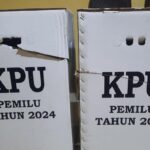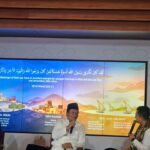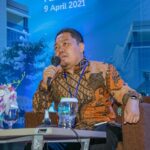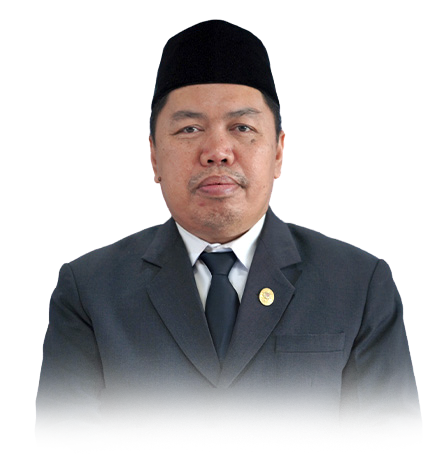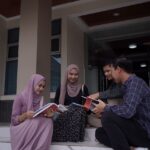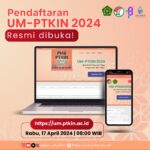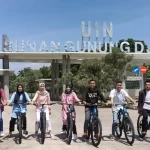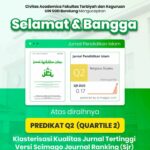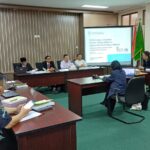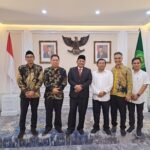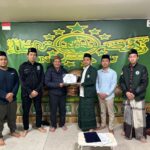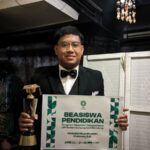[www.uinsgd.ac.id] The seventh annual International Indonesia Forum Conference was held in the upland city of Bandung, West Java on August 19-20, 2014. This year’s cosponsor of the conference was the State Islamic University Sunan Gunung Djati. Participants in the conference traveled from universities around the word and from within Indonesia. This unique gathering of academics and graduate students facilitated wonderful opportunities for Indonesianists to get (re)acquainted with other scholars, to share research, and to broaden their own understanding of Indonesia as seen through the lenses of many different disciplines.
During the two day conference, 52 papers were presented in 16 different sessions. The theme of the conference was: “Representing Indonesia.” Highlights from some of the sessions and papers serve to show the rich diversity of materials presented. The status of Muslim women in Indonesia was openly discussed in interesting papers by two Indonesian Muslim women. Irma Riyani, a PhD student at the University of Western Australia, applied a Muslim feminist hermeneutical approach to Islamic texts which she used to challenge traditional male control over female sexuality in Indonesia. Nina Nurmila, a faculty member at the host university, looked at levels of participation by women in academic leadership positions at Islamic universities in Indonesia. The fact that she was free to critique the low level of females serving in administrative positions at her own university is an encouraging example of academic freedom within Indonesia. Also of interest to the study of Indonesian women was Carol Chan’s (University of Pittsburgh) analysis of the experiences of female labor migrants from Indonesia who are viewed by other Indonesian as either being the heroes of development for the remittance money they earn or as being the victims of abuse, violence and even death in their countries of work.
Religious and ethnic pluralism were also interesting themes in several of the sessions. For example, Mirjam Lucking or Freiburg University looked at how the Muslims of Madura gain political and social capital through their “Arabness.” Cahyo Pamungkas, from the Indonesian Academy of Sciences (LIPI) and the Research Center for Regional Resources, discussed his research looking at relationships between Christian Papuans and Muslim Papuans. Erni Budiawati, also from LIPI, discussed her field work on the island of Lombok where rival Muslim and Hindu communities work to maintain good relations through an annual symbolic war (perang topat) which is played out at a joint ceremony at a shared source of irrigation water. Uwes Fatoni, from State Islamic University Sunan Gunung Djati, presented his findings on the status of members of Ahmadiyya who convert to Sunni Islam and are then persecuted by remaining members of the Ahmadiyya sect. Chad Emmett of Brigham Young University looked at the changing status of the Mormon Church in Indonesia which has slowly improved over the years due in part its on-going disaster relief efforts that have fostered friendships with Indonesian leaders and officials.
The concluding session looked at views of Indonesia and Indonesians from abroad and included Rommel A. Curaming’s (University of Brunei Darussalam) look at how the Philippines views Indonesia’s democracy and electoral politics; Andrew M Carruthers’ (Yale University) field study of Bugis migrants in Sabah which described everyday interactions within the Bugis community, anti-immigrant feelings from Malaysians, and experiences of return migrants to Sulawesi; David Price, Adam Fenton and Hery Firmansyah’s (Charles Darwin University and Gadjah Mada University) paper which discussed the upsurge in shooting attacks against Indonesian police and then questioned whether or not these attacks have any terrorist ties; and finally Asmawita Fithri’s (Gadjah Mada University) examination of the role the autonomous and resource rich province of Aceh might play in the upcoming establishment of the ASEAN Economic Community.
Other sessions considered such diverse topics as: social media in Indonesia, film and literature through different eras and genres, the influence of Islam on politics, women in politics, recent electoral results (including the disputed election of Jokowi), narratives of knowledge, education, banking, history, and international relations. Each session ended with good questions and lively discussion. [Chad F. Emmett, Brigham Young University]
Sumber, Conference Reports from the October 2014 issue of the Asian Studies E-Newsletter


